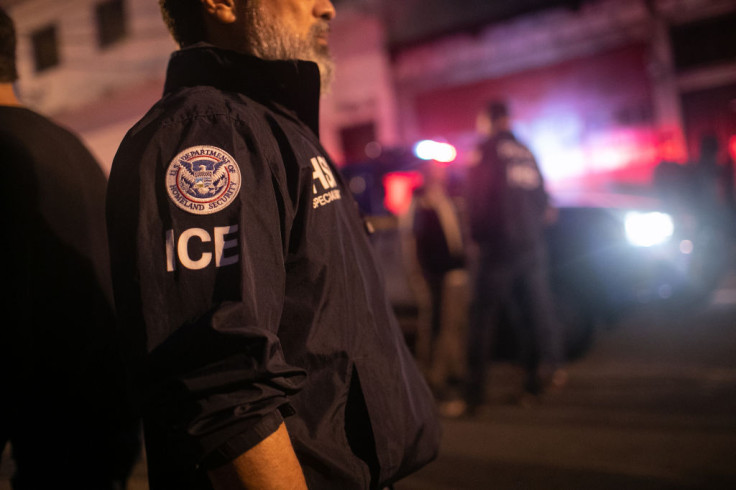
In early May, drivers in South Nashville noticed something unusual—state troopers weren't the only ones pulling people over. For about a week, Tennessee Highway Patrol officers were joined by Immigration and Customs Enforcement (ICE) agents, turning routine traffic stops into immigration sweeps. As reported by The New York Times, the joint operation resulted in nearly 200 arrests and has since ignited fierce backlash in the city.
Federal officials framed the effort as a targeted operation focused on public safety. ICE said that nearly half of the 196 people detained had prior convictions or pending criminal charges. But to many Nashville residents—especially in the city's immigrant-heavy southern neighborhoods—it felt more like a dragnet. Local advocacy groups, including The ReMIX Tennessee, quickly mobilized, documenting enforcement activity, issuing alerts on social media, and operating hotlines to warn residents in real time.
Cathy Carrillo, co-founder of ReMIX, emphasized the significance of the operation's location to The New York Times. "Anyone who's from Nashville knows those areas are densely immigrant, Hispanic, Latino areas," she said. "If we weren't out there documenting everything they were doing, they would be doing double what they were doing."
The Tennessee Highway Patrol defended its role, saying the traffic stops were legal and based solely on observed driving behavior, not on race or ethnicity. A spokesperson stated that during the May 3–13 operation, troopers conducted 660 stops and made 16 arrests independent of ICE activity. Nonetheless, the collaboration was made possible through a formal agreement with the federal government—part of a program that now includes more than 600 local law enforcement agencies nationwide.
Mayor Freddie O'Connell publicly condemned the operation, calling it harmful to community trust and security. Nashville, a blue city in a largely red state, has long been at odds with statewide immigration policy. But under the Trump administration, Tennessee officials have aligned closely with federal immigration priorities. Without official city oversight of the operation, local groups have stepped into the watchdog role.
© 2025 Latin Times. All rights reserved. Do not reproduce without permission.






